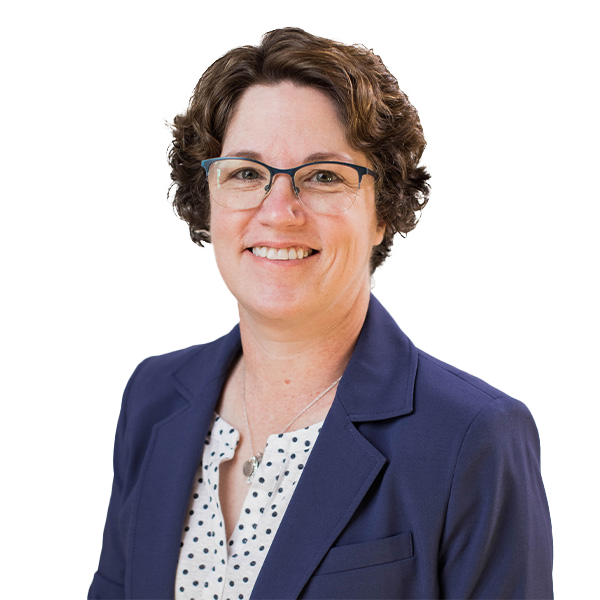Decumulation. Distribution. Withdrawals.
There are lots of terms for it in the industry. Whatever you call it, there comes a time when the job stops, but the paycheck has to continue. For some, this is a very frightening time.
Let’s Talk About Fear on a Large Scale
Fears spread by the media lead some to be concerned about the viability of the markets themselves as all the Baby Boomers reach retirement age. As most fears do, this one comes from a lack of understanding.
- Many plans that we prepare for our retirees illustrate them having as much money 25 years from now as they do at the time that they retire, and that’s assuming an average rate of return no higher than 8%. (Obviously, that’s not a guarantee, but the math shows that it’s entirely reasonable.)
- Consequently, if a retiree has as much or nearly as much at their passing as they did when they retired, it’s not a risk to the market.
- Additionally, the media is not taking into consideration how much Gen X and the Millennials are adding to their retirement while the Baby Boomers are drawing income.
- With as many Baby Boomers as are already retired and drawing income, let’s allow the market to speak for itself. It has recently been at an all-time high. That would not be the case if the Baby Boomer withdrawal rate were going to crash the markets.
Now, Let’s Address Fear on a More Personal Scale
Understandably, most retirees have fears about the details of withdrawing income when the time comes. Again, with the belief that most fears come from a lack of understanding, let’s alleviate some of those fears.
- How do I handle taxes?
- This is probably the easiest of all the concerns, but people just don’t know how it works. If you are withdrawing from taxable sources, like a Traditional IRA, you get to tell your advisor the withholding amount. They withhold federal and state taxes and send them in for you. It can be adjusted at any time. It’s as easy as can be!
- What are RMDs, and what do I need to do?
- Required Minimum Distributions (RMDs) must be taken on all Traditional IRAs after Age 70 ½. Technically, there are more details on the age, but for the purpose of this writing, 70 ½ will serve as a good marker for you.
- The reason that RMDs exist is that Traditional IRAs have not yet been taxed, and the IRS wants their portion of the assets. Therefore, you are required to withdraw a portion of the money and expose it to taxes.
- RMDs also apply to the pre-tax portion of your 401(k) if you are no longer working. The same age applies to 401(k) accounts as to Traditional IRAs.
- We strongly recommend that you do not try to calculate your RMD on your own. There can be great confusion between what is called the “factor” and the actual percentage rate used to calculate your RMD. Just as an example, we had someone who thought that he was required to withdraw 27.4% (the factor) in the first year, but he was really only required to withdraw 3.65%. That makes a huge difference in your taxes and on the longevity of your portfolio. Be sure to work with a professional.
- If you don’t withdraw your RMD, the tax penalty alone is 50% of what you should have withdrawn. Be sure to not miss your RMD. You should work with an advisor who helps you with this, but, per the IRS, the responsibility is technically that of the investor alone. We would tell you to reach out for help though.
- How much money is enough?
- This completely depends on your income need from your investments. We have seen some with $100K in retirement assets who had more than enough due to pension income and low expenses. Conversely, we have also seen some with over $1M in retirement assets who were cutting it close on meeting their monthly required and desired income.
- Work ahead of time to reduce your expenses. If possible, pay off your mortgage and other debts prior to retirement.
- Invest consistently over time.
- Have a plan that works for you. It really needs to be personalized.
- This completely depends on your income need from your investments. We have seen some with $100K in retirement assets who had more than enough due to pension income and low expenses. Conversely, we have also seen some with over $1M in retirement assets who were cutting it close on meeting their monthly required and desired income.
The key to avoiding fear as you prepare to withdraw income is really to have a better understanding. Take the time, wherever you are in life, to sit down with a financial advisor and begin to prepare for life without a job, but life that still has a paycheck. Whether you are just starting your first job or getting ready to leave your last one, it’s time to plan for your financial independence.
The opinions voiced in this material are for general information only and are not intended to provide specific advice or recommendations for any individual.





